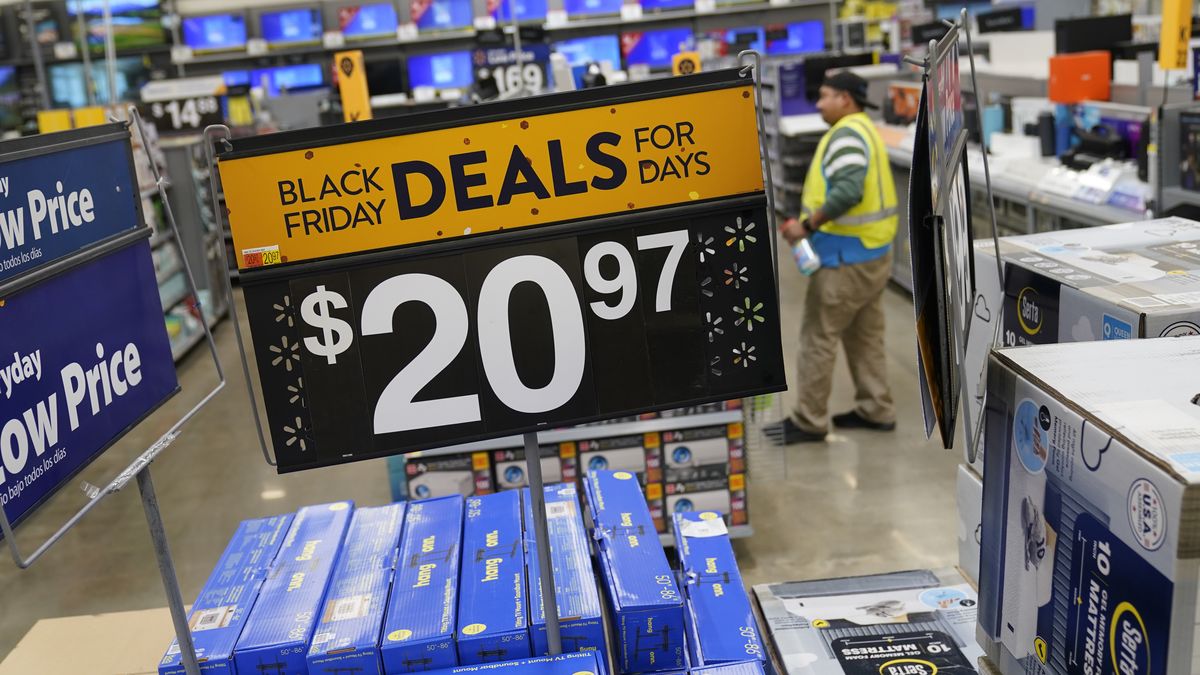Doubts still linger as to whether New York’s usual holiday shopping patterns will return on Black Friday this year.
The US labor market remains strong, consumer spending is resilient and inflation is slowing. But rising prices for groceries, rent, gas and other household expenses are hurting shoppers.
As a result, many are reluctant to spend unless there is a lot and are more selective about what they buy, in many cases buying things cheaper. In years past, Black Friday marked the start of the busiest selling season of the year in the United States.
Shoppers are also using more of their savings, turning increasingly to deferred payments and maxing out their credit cards now that the Federal Reserve is raising rates to cool the economy.
Such financial hardships are driving buyers to look for deals.
Isela Dalencia, who was shopping for household necessities like laundry detergent at a New Jersey Walmart earlier this week, said she will delay shopping for holiday gifts until Cyber Monday, the Monday after Thanksgiving, when there are many offers on the Internet. Then again, you’ll be waiting until the week before Christmas to get better deals, unlike last year when you started shopping before Black Friday.
“I’m buying less,” she said, noting that she’ll be spending about $700 on holiday gifts, a third less than last year.
Katie Leach, a social worker in Manhattan, was also walking the aisles of Walmart and said she will start holiday shopping in the first week of December, as usual. This time, however, it will depend more on the offers and on your credit card to prioritize the expenses of the house.
This year’s trends contrast with 2021, when consumers bought early out of fear of running out due to supply chain issues.
But some habits that came with the pandemic remain. Many retailers who closed their stores on Thanksgiving and instead offered discounts on their websites to reduce in-store crowds will stick to these strategies.
Major retailers, including Walmart and Target, will close their stores again on Thanksgiving. And many stores have stopped offering crazy discounts that were supposed to attract crowds of customers. Instead, discounted items are available throughout the month, Black Friday, or the holiday weekend.
The National Retail Federation expects Christmas sales growth this year to be 6-8%, up from 13.5% a year ago. However, these figures, which include Internet spending, aren’t adjusted for inflation, so actual spending may be even less.
Adobe Analytics predicts online sales will increase 2.5% from November 1 to December 31, up from 8.6% last year when shoppers were reluctant to return to brick-and-mortar stores.

